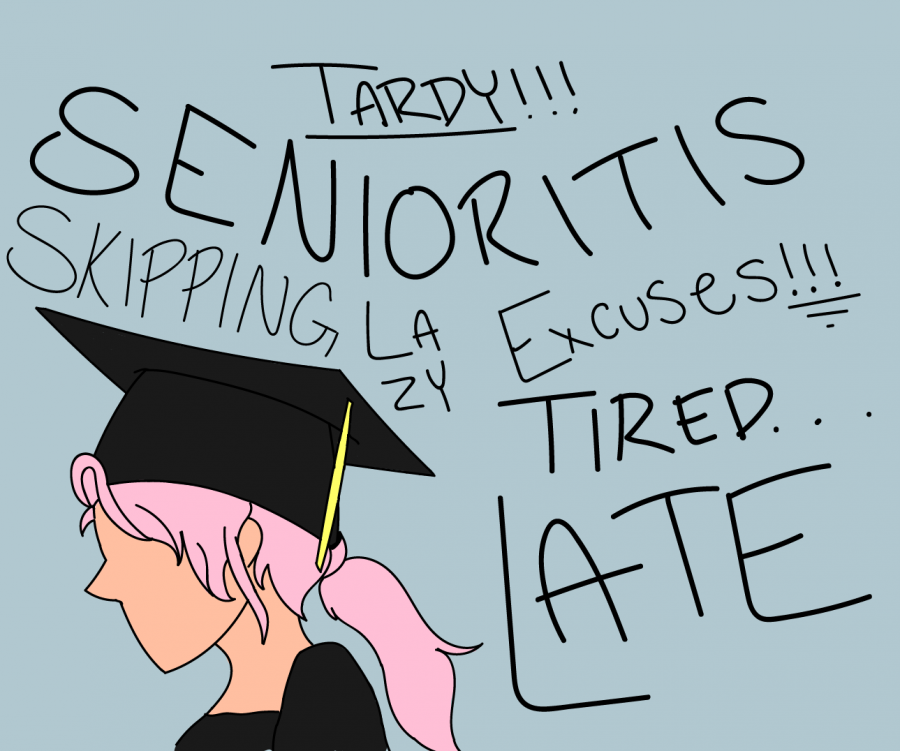Personally, my senioritis started second semester of my junior year, but that’s just me.
Senioritis: The Dreaded End-of-Year Slump
Senior year. It consists of images of graduation gowns, celebratory speeches, and the sweet anticipation of a new chapter. But for many students, this year also brings an unwelcome guest: senioritis.
Senioritis describes the decline in motivation and academic commitment experienced by some students nearing the end of their high school or college careers. While not a medical condition (it feels like one), it’s a real phenomenon that can have significant consequences.
Symptoms and Causes:
The telltale signs of senioritis include:
- Decreased motivation: The excitement for learning fades, replaced by a sense of apathy and indifference towards academics.
- Procrastination: Putting off assignments and studying until the last minute becomes the norm.
- Attendance issues (this one hits too close to home) : Skipping classes or arriving late increases, leading to missed material and potential academic setbacks.
- Decline in performance: Grades may drop due to a lack of effort and engagement in class work.
- Focus shift: Attention drifts towards social activities, future plans, or simply daydreaming, taking away from academic responsibilities.
So, what causes this demotivation? Several factors contribute:
- The finish line effect: Seeing the end of the academic journey can lead to a sense of “coasting” and a relaxed approach to academics.
- Post-graduation uncertainty: The anxiety and excitement surrounding college admissions, career choices, and the transition to adulthood can distract from present academics.
- Senior year anxieties: Preparing for standardized tests, college applications, and graduation ceremonies can be overwhelming, leading to a desire to escape the pressure.
- Social distractions: Senior year often involves increased social activities like school dances, sporting events, graduation celebrations, and farewell gatherings, which can compete for time and focus.
Consequences and Coping Strategies:
While it may seem harmless, senioritis can have real consequences. A significant drop in grades can jeopardize college admissions or scholarship opportunities. Poor work habits can carry over into future academic or professional endeavors. Moreover, missing out on the full potential of learning during senior year can leave a sense of unfulfilled potential.
Fortunately, there are strategies to combat senioritis:
- Maintain a positive mindset: Remind yourself of your long-term goals and the importance of finishing strong.
- Prioritize and plan: Create a schedule that balances academic responsibilities with social activities and relaxation.
- Get support: Talk to teachers, counselors, or friends about your struggles and develop strategies to stay motivated.
- Break down tasks: Divide large projects into manageable pieces to avoid feeling overwhelmed.
- Reward yourself: Set small goals and celebrate your achievements to maintain momentum.
- Find a study buddy: Partnering with a classmate can help you stay accountable and focused.
- Seek guidance: Talk to your parents, teachers, or a counselor if you are struggling to manage senioritis on your own.
Remember, senior year all adds up to years of hard work. By remaining focused and motivated, you can finish strong, set yourself up for success in the future, and avoid the pitfalls of senioritis. But I am still going to be late tomorrow 🙂













